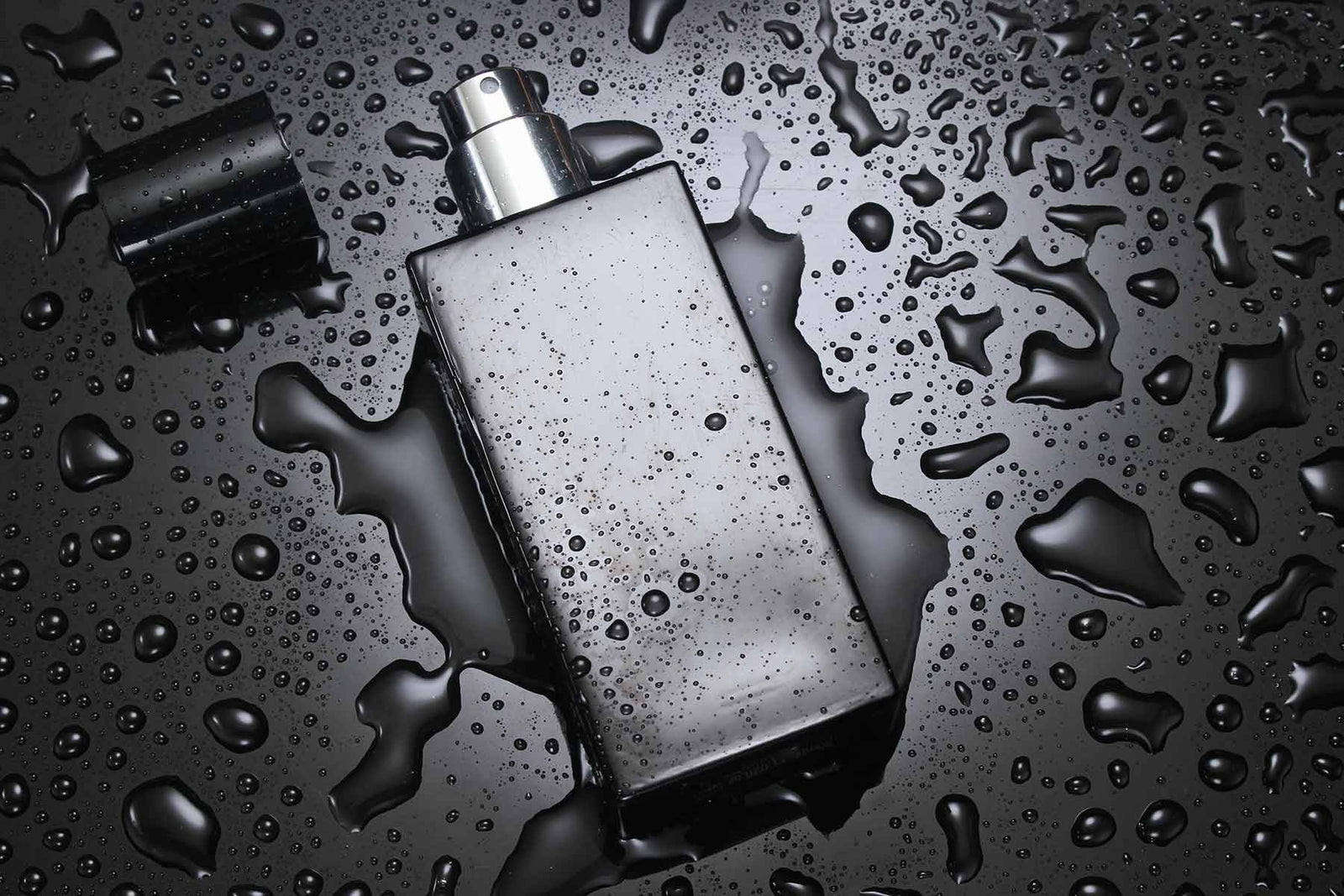Your Cart is Empty
Free Shipping orders over $100 (US only)
Menu

Free Shipping orders over $100 (US only)
Our Fragrances
Problem: Solvent
by Nathan Motylinski 2 min read

We've been talking about solvents a lot lately. In general, we minimize the use of solvents in our formulations, resulting in highly concentrated fragrance oils. As such, many of our clients are surprised to find they can not only use less oil in their products, but they often have better performance! How and why is this possible?
In short, solvents have two main purposes in fragrance formulation. The first is for technical performance. Some bases make it difficult for fragrance to perform well or even impede fragrance impact, so a solvent can be used to help achieve better in-use results. For example, candle and diffusers oils often need solvents to help 'lift' the fragrance into the air and give better hot/cold throw. Without them, the candle wax would literally hold in and suppress the fragrance, not letting it escape into the air (which it is supposed to do). Candle oils also sometimes need help from solvents to increase the oil flashpoint to a safe range (typically >140F) for melting/pouring, as most solvents have very high flashpoints. In shower gel and other foaming products with high surfactant loads, solvents can be used to help maintain clarity and color of the final product.
The second reason to use solvents is not so nice. Solvents can be (and often are) used to 'cut' an oil, which is industry slang for reducing the cost of an oil by diluting it with solvent. Solvents are cheap. Very cheap. Say, for example, a fragrance company has an oil that costs $100/kg, but they want to get the cost down to $50/kg. They can simply add 50% solvent ($100 x 0.5 = $50) and they're done! In some cases, solvent loads in these oils can go up to and over 90%, meaning less than 10% of actual fragrance in the oil! Great for profits, but not so great for performance, or the customer. Generally speaking, you get what you pay for when it comes to fragrance. If an oil is cheap, then it probably is.
So what's wrong with a cheap oil? That depends. First off, you'll need a lot more of it, which not only eats away at the cost 'savings', but also can cause solubility issues. High fragrance loads can cause separation, color change and unstable product, like when a candle 'sweats' or fragrance oils start floating to the top of liquid products. For example, in our professional experience, we RARELY ever need to go above 2.0% load for bar soap (or most personal care products for that matter). Second, and most importantly, cheap oils can start to sacrifice performance. Increased solvent loads can have a negative impact on fragrance strength, longevity and character, especially over time. In fact, consumer testing has proven that a lower dosage of a more concentrated oil consistently outperforms a higher dosage of a less concentrated oil!
Want to know how much solvent is in your oil? Check the SDS documentation, which will list hazardous materials by weight (amount in the formula). Here's an example (not ours!):

In this case, benzyl benzoate is a common solvent and makes up to 50% of the formulation!
No matter what you think about solvents, avoid phthalates! These are known to cause health issues, and we NEVER use them.
Leave a comment
Comments will be approved before showing up.
Also in Fragrant Thoughts

Perfume Labeling Requirements: US vs. EU
by Nathan Motylinski 3 min read
cosmetic compliance EU fragrance regulation fragrance allergen disclosure perfume labeling requirements U.S. perfume labeling law
Discover the key differences between U.S. and EU perfume labeling laws. Learn what must appear on fragrance labels, from ingredient lists to allergen disclosure, and get updated on the EU’s expansion from 26 to 80+ fragrance allergens.

ISO 9235 Standard Explained
by Nathan Motylinski 3 min read
clean fragrance fragrance compliance standard ISO 9235 fragrance standard natural fragrance oil plant-based fragrance formulation sustainable perfume ingredients
ISO 9235 is the international benchmark for defining natural fragrance oils and ensuring clarity in plant-based fragrance formulations. If you’re a perfumer, formulator, or brand working in the clean fragrance space, this standard matters.

Fragrance Regulatory: 50 Shades of Grey
by Nathan Motylinski 2 min read
Fragrance safety regulations can be confusing, even for us. While many folks think of IFRA limits as clearly black and white, they are really a constantly changing world of grey.
Read MoreSubscribe
Sign up to get the latest on sales, new releases and more …